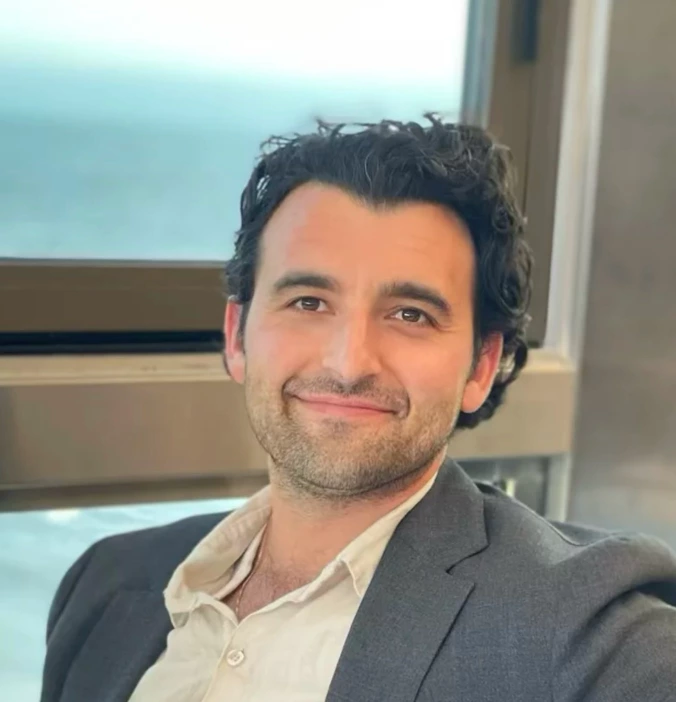Coaching is helping someone else to live and tell their story.
Our lives are stories in the making. When we feel defeated, depleted, and demoralized, it is often because we perceive, in that moment in time, that our stories have reached a dead end. The pain feels so permanent that we are stuck inside an undesirable reality, and we struggle envisioning an alternate reality for our future. On the contrary, when we feel engaged, elated, and energized, it is often because we perceive, in that moment in time, that our stories are based in possibility, fulfillment, and meaning. We feel a sense of agency: “the human capability to exert influence over your functioning and the course of events that are based on your actions.”
Albert Bandura is the psychologist that created the Theory of Agency. The theory consists of three parts, two of which should be very familiar to readers of this blog.
- Intentionality/Forethought–Ability to project yourself into the future to have something to work toward.
- Self-Regulation
- Self-Reflection
To be a good coach means “facilitating someone else’s self-directed neuroplasticity,” (Jeffery Schwartz). Neuroplasticity is the brain’s ability to rewire in response to its experiences. Self-directed implies deliberate agency. In response to perceiving more agency, the brain begins to tune itself toward focusing more on what it can control and what it is committed to, i.e., making someone more resilient.
This is why we all need coaching. Coaching can be delivered in a variety of ways by all sorts of different people, even, occasionally, us coaching ourselves. Effective coaching addresses forethought, self-regulation, and self-reflection such that that our stories come back into or increase in focus, and we feel engaged, elated, and energized enough to actively participate in and tell our stories.




